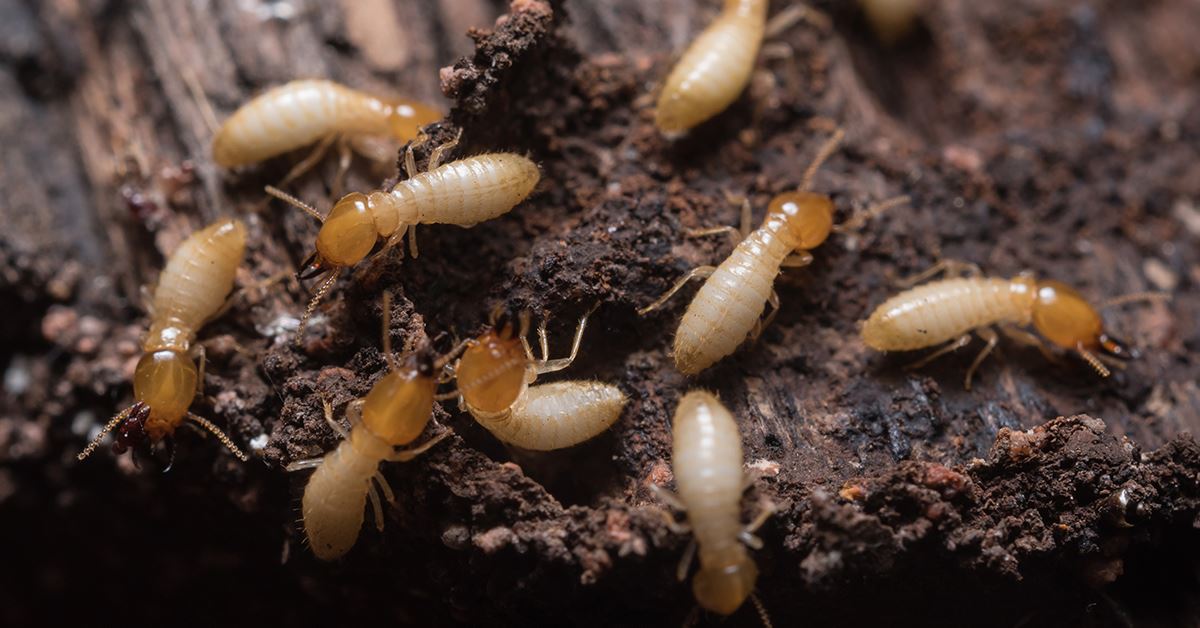Most homeowners in Phoenix and Scottsdale know two things about termites for certain — they eat wood and they can be harmful to your property value. While termites are pests for property owners, they also play an interesting and essential role in our ecosystem, especially in regard to soil health and decomposing plant and animal matter. Additionally, the more you know about termites, the easier it is to know how to keep them at bay and protect your home! Here are a few fascinating facts about termites from the expert termite control team at Arizona Termite Specialists:
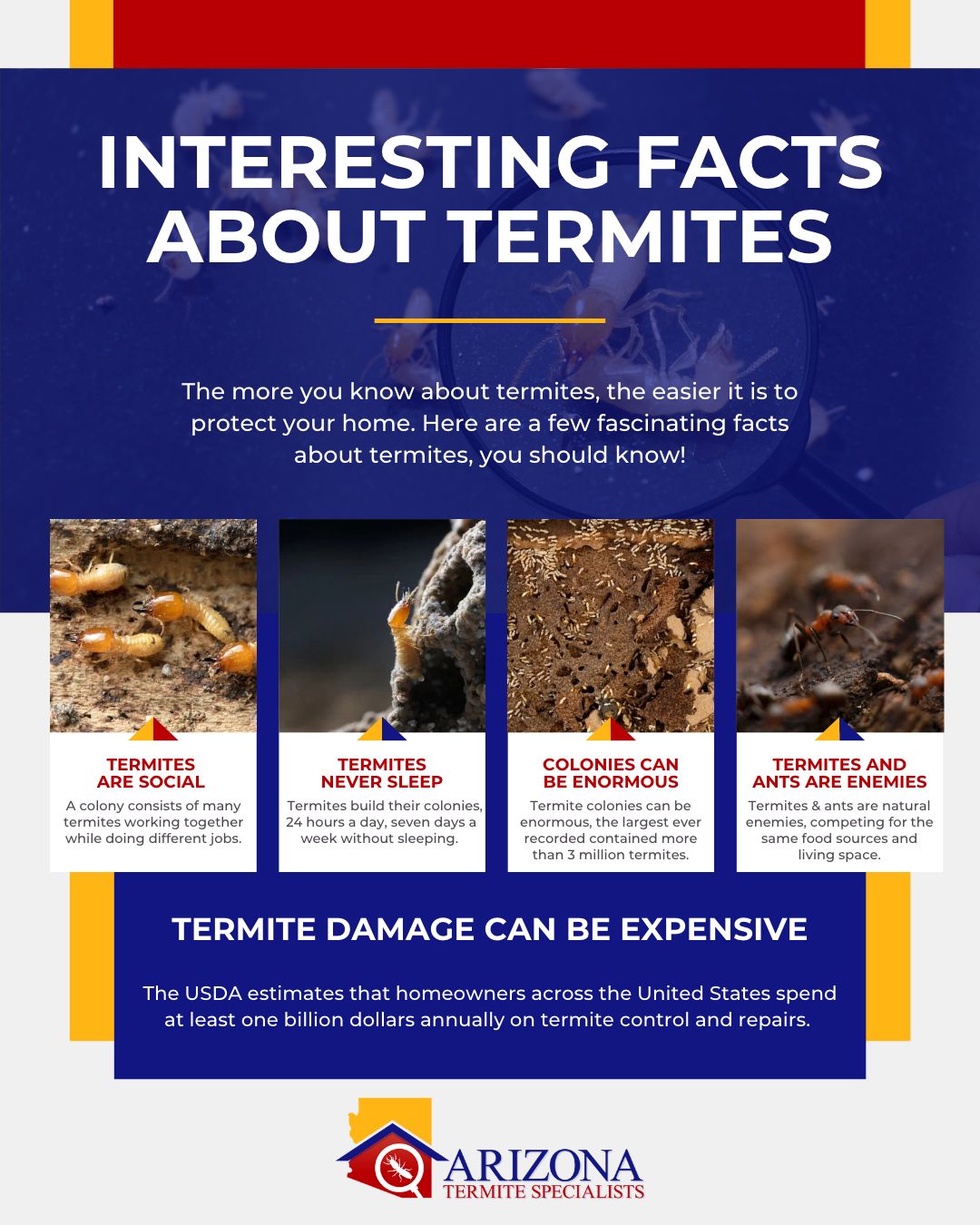
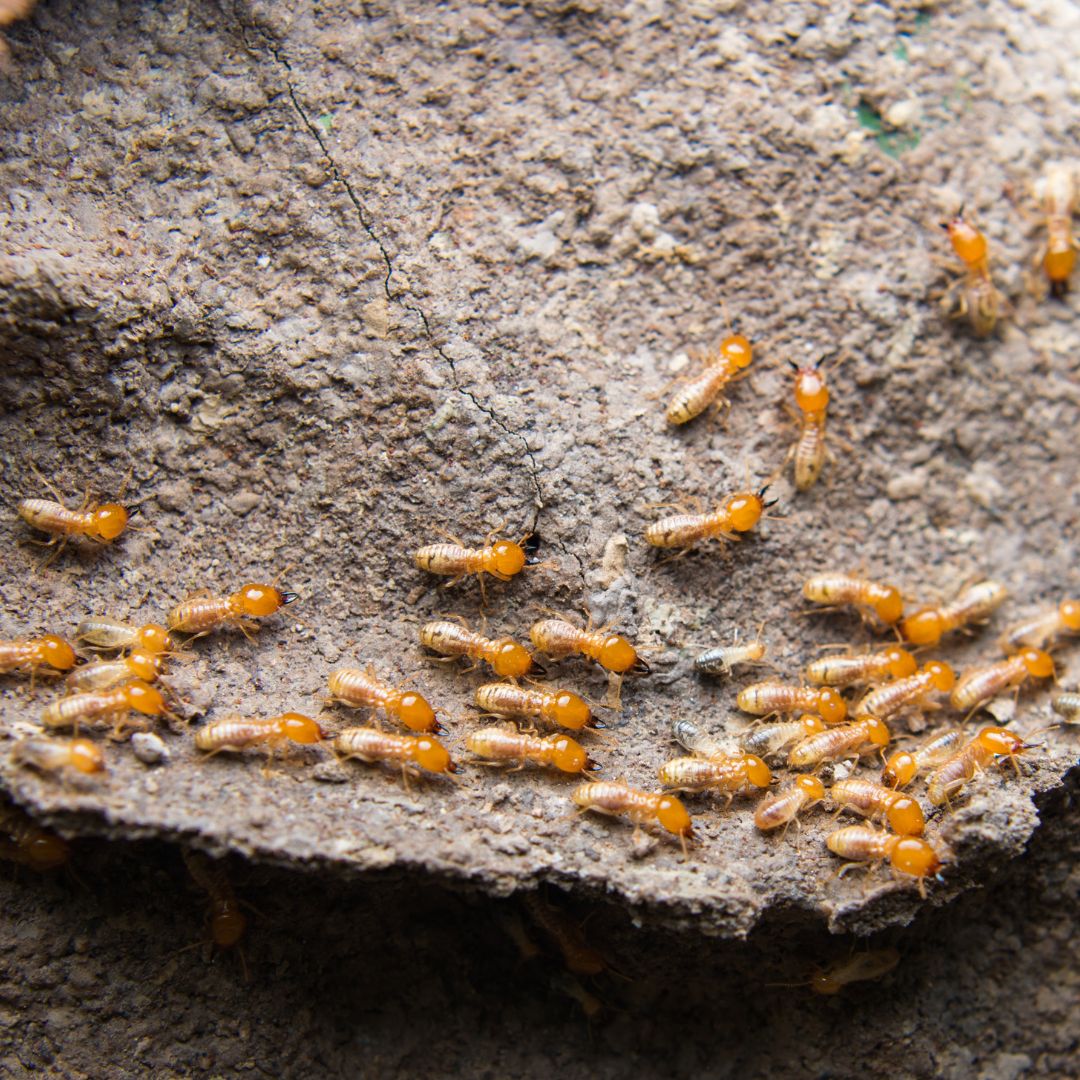
Termites Are Social Insects
Termites live in colonies that contain several different types of termites, each with a specific job. The queen and king termites are the most important members of the colony, as they’re responsible for producing new termites. Workers are responsible for gathering food, soldiers protect the colony, and nymphs are the immature termites.
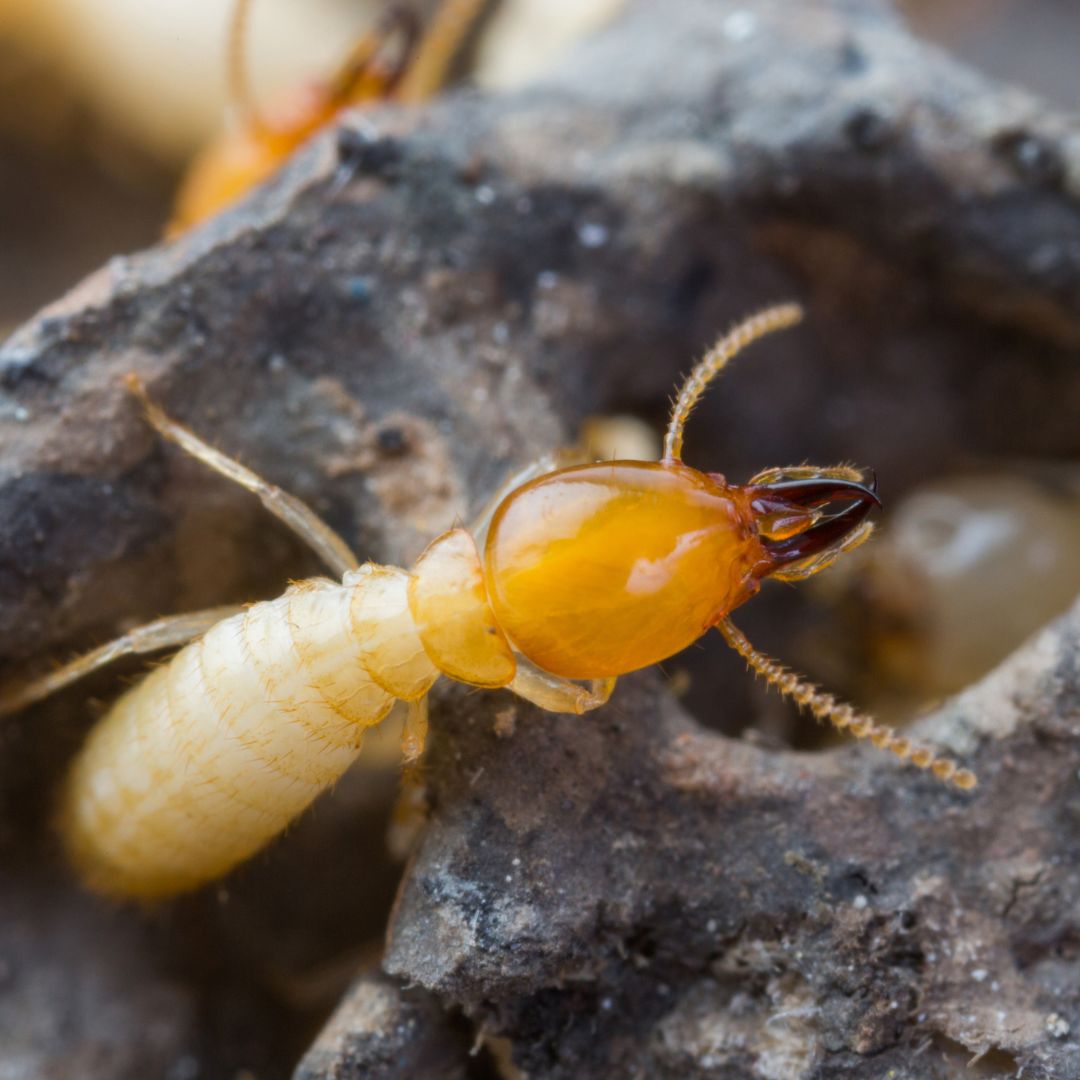
Termites Never Sleep
As living organisms that require sleep, we humans can be shocked to find out that many types of insects, including termites, simply don’t ever sleep. While we clock out for the night, termites remain busy building their colonies, and they keep doing it 24 hours a day, seven days a week. This is one of the major reasons that you should never sleep on contacting our termite pest control team if you suspect termite activity in your home! They simply won’t ever stop until our expert team makes them.
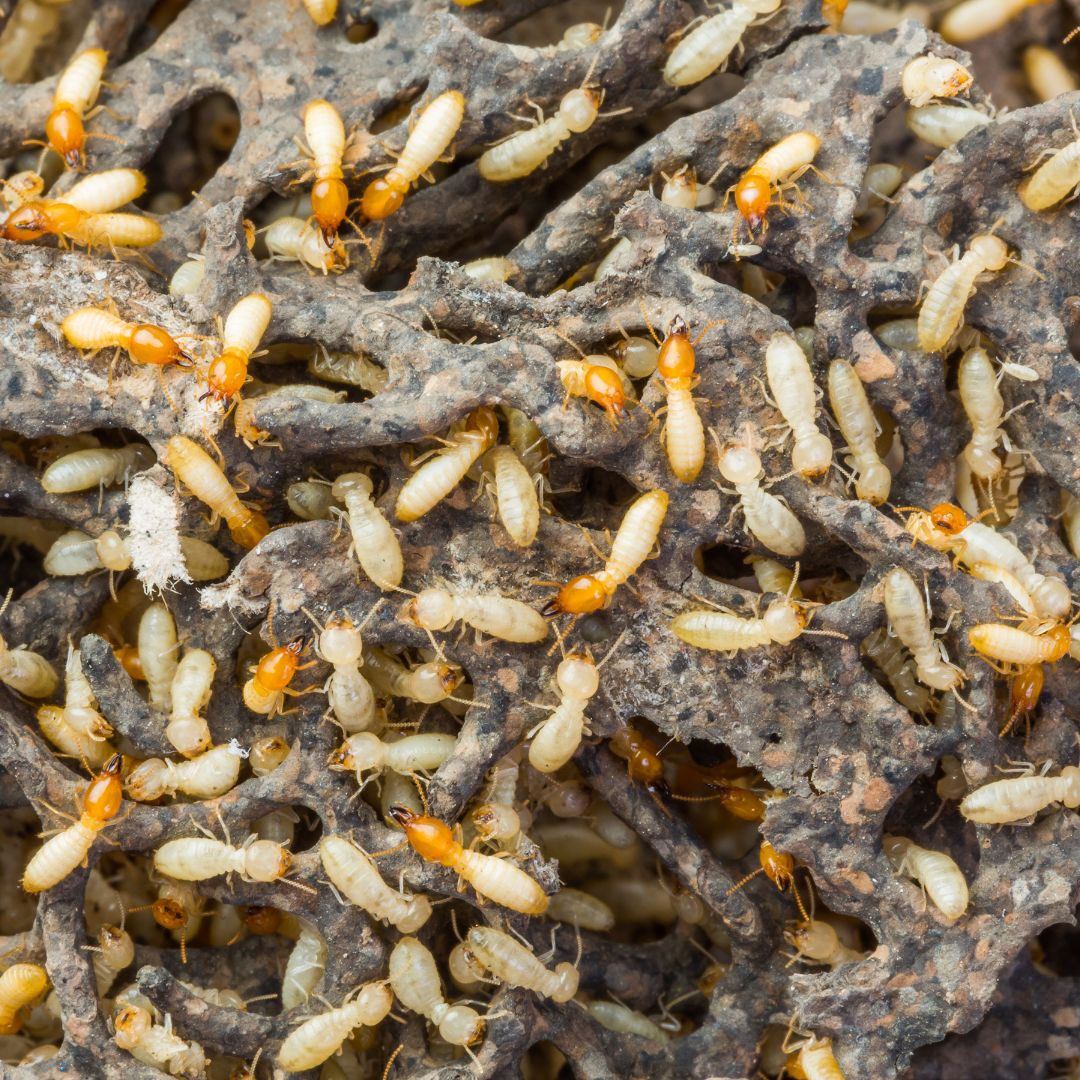
Termite Colonies Can Be Enormous
Termite colonies can be enormous, with the largest ever recorded containing more than three million termites. This impressive number is a testament to the highly organized and efficient way that termites work. The sheer potential size of some colonies is a reminder of why it’s important to have your home inspected for signs of termite activity. If left unchecked, termites can cause serious damage to wooden structures.
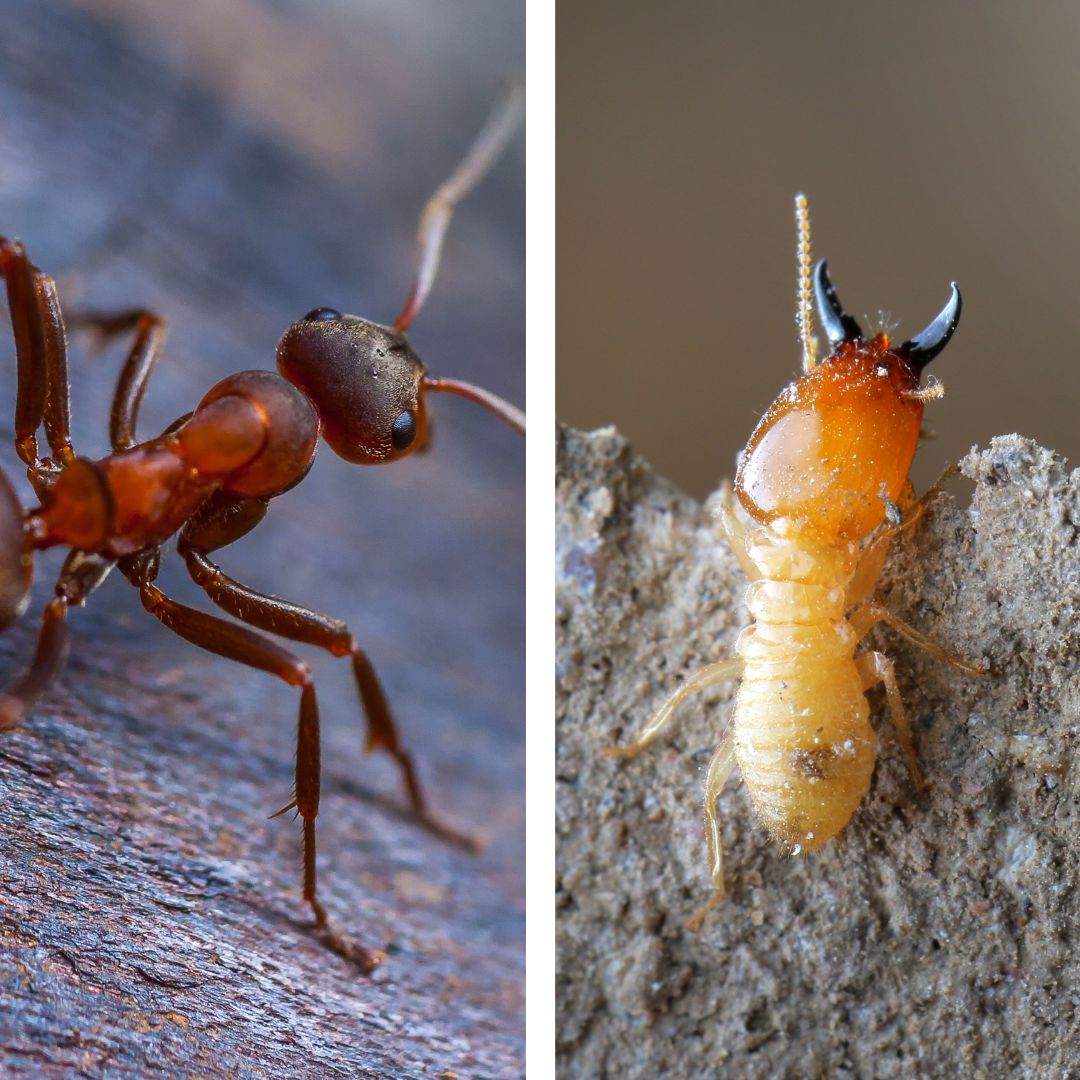
Termites and Ants are Natural Enemies
Termites and ants are natural enemies, competing for the same food sources and living space. Termites are wood-eating insects, while ants feed on a variety of different foods. Since both species are social insects, they will often fight each other for control of an area. Ants are more likely to be successful in these battles as they’re capable of producing more soldiers and workers than termites. This is why it’s important to have your home inspected for signs of ant activity, as they can quickly take over an area and out-compete termites.
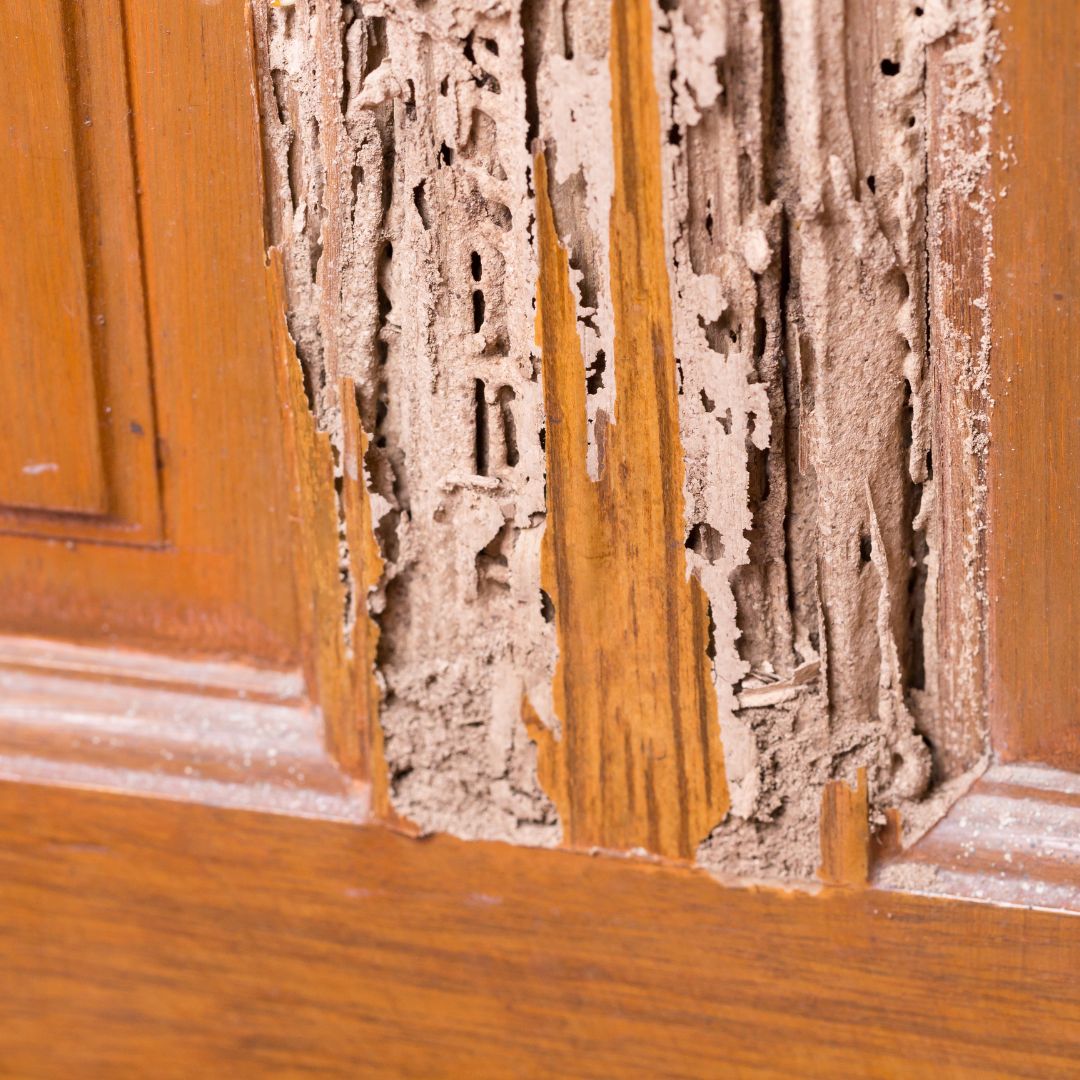
Termite Damage Can Be Expensive
Termite damage can be incredibly expensive to repair. Not only do they feed on wood, but they can also cause structural damage to buildings. This is why it’s important to have your home inspected for signs of termite activity. If termites are found, they should be eradicated immediately in order to prevent further damage. In some cases, the damage can be so extensive that it requires expensive repairs, such as replacing entire sections of wood. The USDA even estimates that homeowners across the United States spend at least one billion dollars annually on termite control and repairs. Those are some expensive bugs.
These are just a few of the many fascinating facts about termites. At Arizona Termite Specialists, we understand the importance of having your home inspected for signs of termite activity. Our knowledgeable and experienced technicians can inspect your property and provide you with a comprehensive report. If termites are found, we can help you get rid of them in a safe and effective manner. Contact us today to learn more about our termite pest control services.
Contact Us TodayThe post Fascinating Facts About Termites appeared first on Arizona Termite Specialists.


